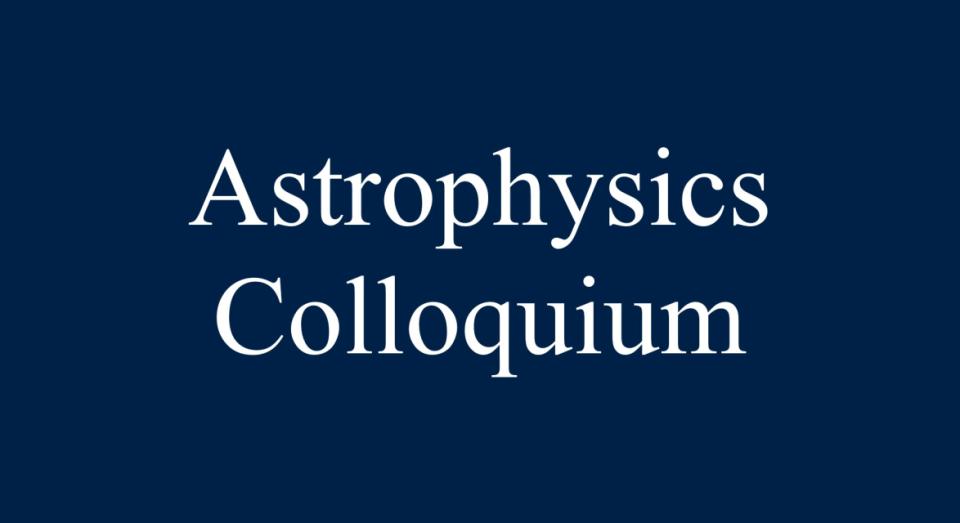Denys Wilkinson Building, Department of Physics, University of Oxford, Keble Road, Oxford OX1 3RH
Nienke van der Marel
Lawrence Clark - Lawrence.selmons-clark@physics.ox.ac.uk
Novel views on planet formation and disk evolution
ALMA observations of protoplanetary disks show various subtructures such as gaps and rings, which have long been hailed as signposts of planet formation. However, a direct link between exoplanets and protoplanetary disks remained hard to identify for a long time. Recent work has shown that gapped disks retain high millimeter-dust masses up to at least 10 Myr, whereas the majority of disks is compact and decreases its dust mass rapidly. This can be understood when considering dust evolution, where dust traps prevent radial drift in the gapped disks. The fraction of gapped disks shows a stellar mass dependence, and I propose a scenario linking this dependence with that of giant exoplanet occurrence rates. It is shown that there are enough exoplanets to account for the observed disk structures if gapped disks are caused by exoplanets more massive than Neptune, under the assumption that most of those planets eventually migrate inwards. On the other hand, the known anti-correlation between transiting super-Earths and stellar mass implies those planets must form in the compact, drift-dominated disks, which I will demonstrate through new planet formation models. I will describe some of the latest discoveries on the implications of dust drift and dust trapping throughout different stages of evolution. Finally, I will show that dust traps and radial drift may play a crucial role in regulating the chemical composition of disks, which will impact exoplanet atmospheres forming in them.

